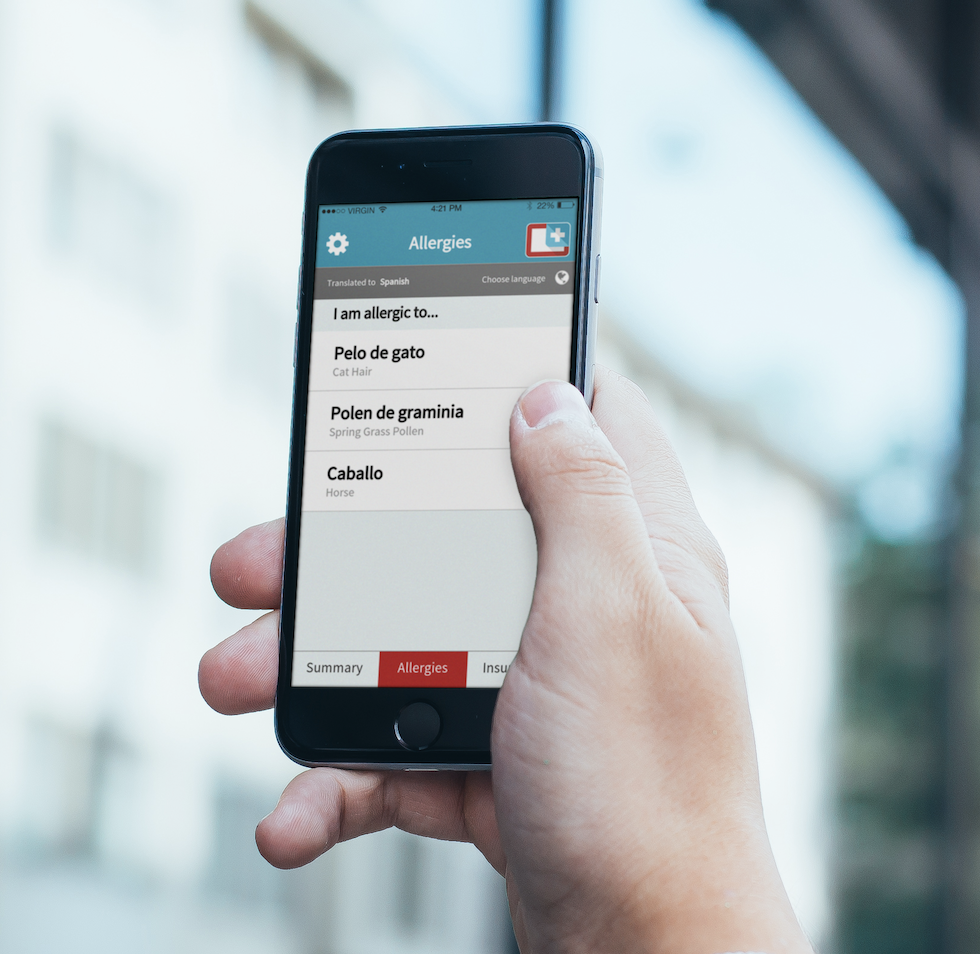
For most people, a wasp sting is a painful but temporary nuisance. A sharp prick, followed by localised swelling, redness, and itching, is the typical reaction. However, for the millions of people worldwide who are allergic to wasp venom, a sting can be a life-threatening medical emergency. In fact, according to the Anaphylaxis UK website, “1% of the UK population is at risk of a sting that can provoke an allergic reaction.” We delve into the severity of wasp stings when you are allergic, and, most importantly, what you can do to help yourself.
The Difference Between a Normal and Allergic Reaction
A typical reaction to a wasp sting is known as a local reaction. The symptoms are confined to the area immediately around the sting site. This is your body’s normal inflammatory response to the venom. While uncomfortable, it’s not dangerous.
An allergic reaction, on the other hand, is a systemic response. This means the body’s immune system overreacts to the venom, releasing a cascade of chemicals that can affect multiple systems in the body. The severity of these reactions can range from mild to severe, but even a mild reaction can escalate quickly.
Anaphylaxis can manifest in various ways, and symptoms can appear within minutes to a few hours after a sting. The key is to be aware of any symptoms beyond a localised reaction. The danger of an allergic response lies in the body’s overreaction. The release of histamine and other chemicals causes blood vessels to dilate and leak fluid, leading to a dangerous drop in blood pressure. At the same time, it can cause the airways to constrict and swell, making it difficult or impossible to breathe. Without prompt treatment, this can lead to cardiac arrest and death.
How Can World Medical Card Help
At World Medical Card, the health and safety of individuals should always be a top priority. WMC was established to prevent delays and enhance the accuracy of medical treatment delivery worldwide. The 2-in-1 solution includes a medical alert card and a secure app that helps you store all your medical information and translate medicines and diagnoses into 135 languages. We developed it in accordance with the World Health Organisation’s global standards code, enabling medical professionals to understand your unique medical history.
WMC plays a crucial role in emergencies, saving lives.
One of our members, Per, is allergic to wasp stings but loves to be outdoors. He’s an avid biker and cruises his Harley whenever he can. And on one occasion, a wasp landed on his cheek and stung him. He quickly became ill. Luckily, his biker buddies are aware of his severe allergy; he showed them his World Medical Card and told them that details of his allergy are also on his phone, accessible through the app, in case of an emergency. One friend looks at the app, sees the sting and quickly realises what has happened. In addition to having access to the information about Per’s allergies, Per has also noted in the app that the adrenaline pen is in the bag in front of the motorcycle, just in case.
It is also stated in the app which doctor the bikers should call if such a situation should arise. And they also find the contact details for Per’s partner.
Thanks to Per’s preparation and with the help of his mates, this luckily ended well!
Preparation is Key
For those with a known allergy to wasp stings, prevention isn’t always possible, but being prepared is your best defence. Carrying your medication, at least two adrenaline auto-injectors (AAIs), and ensuring that family and friends know how to use them will help in case of a wasp sting. Becoming a member of World Medical Card will also help you because the 2-in-1 solution allows you to store your vital medical information on the app and physical alert card.
Do not expect others to guess your needs; take charge and always keep an updated medical profile with you.
Join the thousands of global members today! Find out more here.







